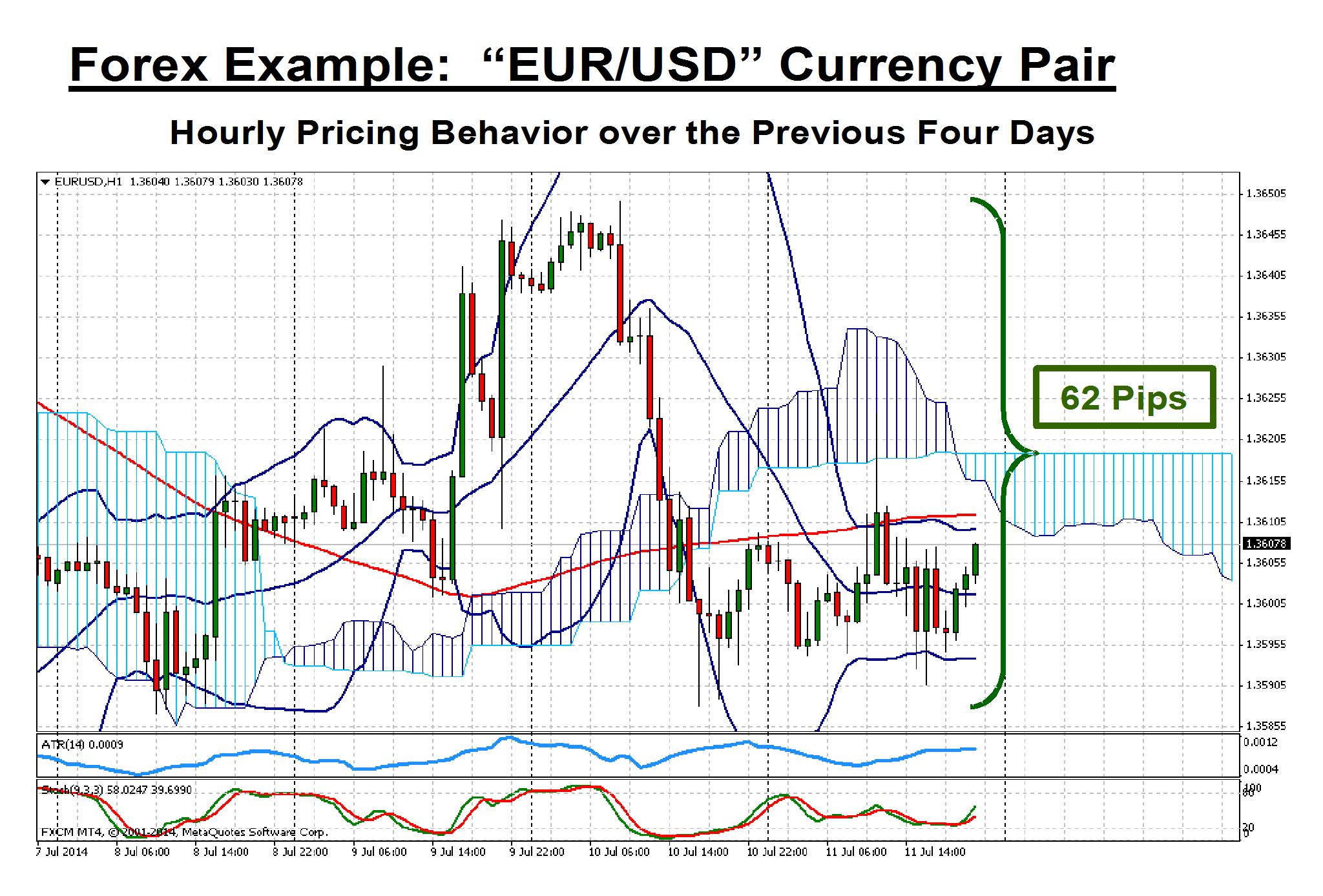We finally had a few hours of chaos in the forex market last Thursday, a welcomed repast from the recent volatility starvation diet. No, the shockwaves did not emanate from Germany after its humiliating defeat of Brazil in the World Cup. They came instead from Portugal, where the country’s largest bank, Banco Espirito Santo (LISBON:BES), shocked the market after a Moody’s downgrade followed the news that a major firm had balked on sizable debt payments.
The news is rife with articles about the propensity for asset bubbles to form when the cost of capital remains at such incredibly low levels for extended periods of time. The demand for higher returns has driven capital across the planet in search of the magic formula, but there may not be one. Over the last few years and against their better judgment, many investors have thrown caution to the wind and rushed back to Europe to buy bonds from Greece, Portugal, and others, believing the region to be safe again and free from potential downgrades – at least in the near term.
The definition of “near term” is what is in doubt. It almost seems like 2008 all over again, when investors in OTC default swaps hit the sell button, all at the same time. Is it “déjà vu” all over again, as Yogi Berra might have said yesterday? The shares for Banco Espirito Santo were halted from trading, but the rush for the exits spilled over into other markets. Bond rates soon rose for periphery state issues, but the general condition of other market indicia suggested that no cataclysmic event was approaching. But risk is present, as if forgotten by many, and it must be given its due. A chaotic jerk, however, was nice to see:

OK, a 62-pip move in the Euro in one day is not exactly awe inspiring, but it has been so long in coming that it is nice to take a moment and observe the knee-jerk reaction by the market, a pause that surely refreshes. A host of articles have been appearing lately in the press, touting the resiliency of the Euro. The general reasoning that has been hitting the circles is that the ECB bankers will not resort to quantitative easing. They have seen the excessive outlay of liquidity in the U.S. market that has produced tepid results, hardly a ringing endorsement for QE.
With no QE, then the Euro would continue to appreciate. Capital flows would once again flow unabated to the continent, and all would be peaches and cream, so why not call it a month and head to the Mediterranean for August holiday a few weeks early? And then along came Portugal. Oops, risk aversion became a hot topic, the reason for the sharp downward drop in the Euro valuation. The selling, however, eased off. The Euro rebounded to the 100-Hour EMA, trying to hang on for dear life. Panic soon dissipated, and order, i.e., tight ranging behavior, returned.
In case you are looking for the signal that “insiders” follow to determine when to turn off the desire to go short, a new metric has accumulated some popularity of late. It is the spread between German and Portuguese bonds. When bad news emanates from Portugal, Greece, or Spain or other weak member states, it spreads through the bond markets quickly. Periphery bond spread differentials, when compared to similar German issues, suddenly widen. If they then begin to contract, as the Portugal/German spread did by ten basis points, you may return from your ledge and live another day.
Banco Espirito Santo has sufficient capital to survive. The pressure is off for another session.
Risk Statement: Trading Foreign Exchange on margin carries a high level of risk and may not be suitable for all investors. The possibility exists that you could lose more than your initial deposit. The high degree of leverage can work against you as well as for you.